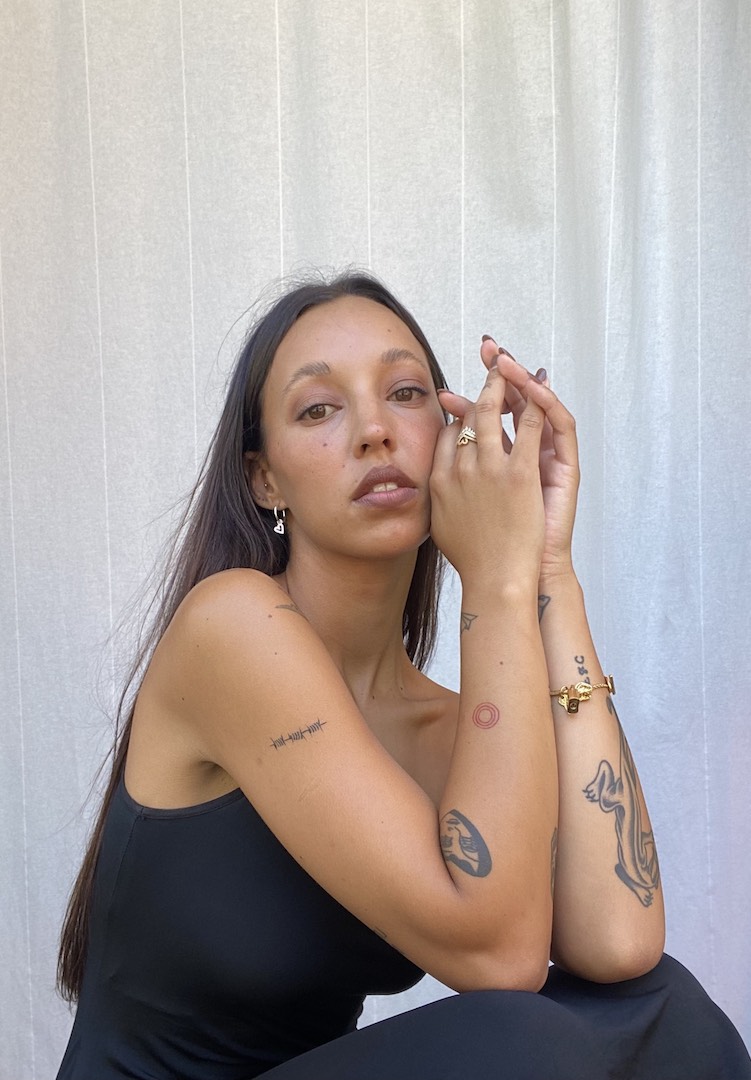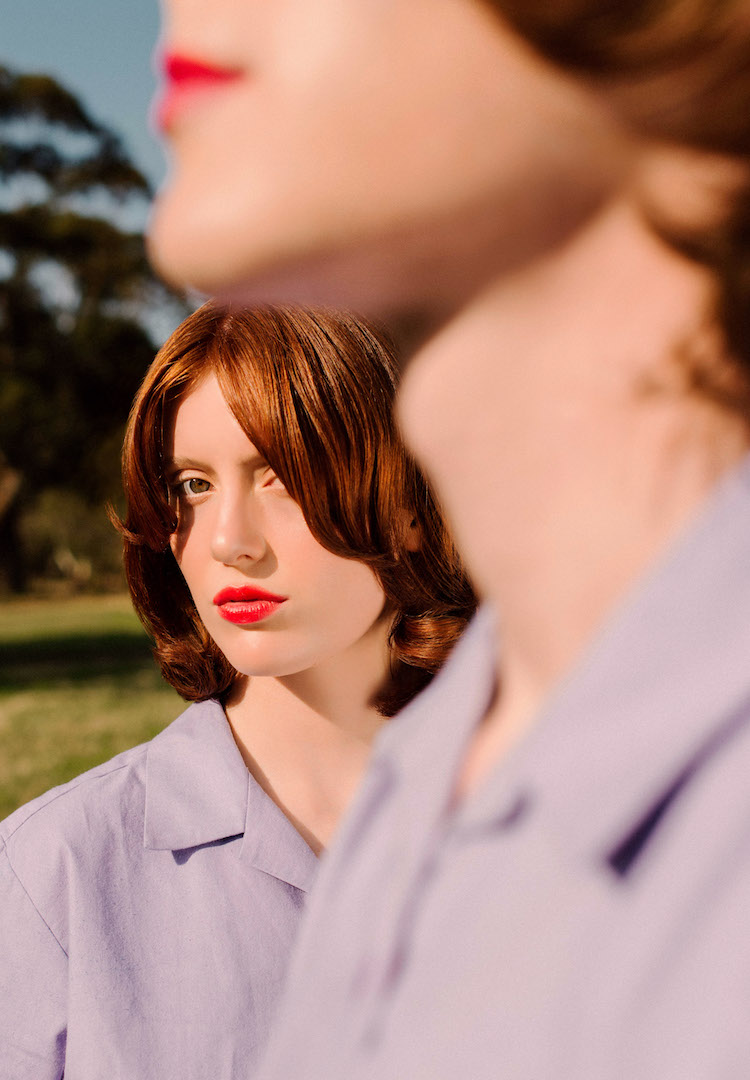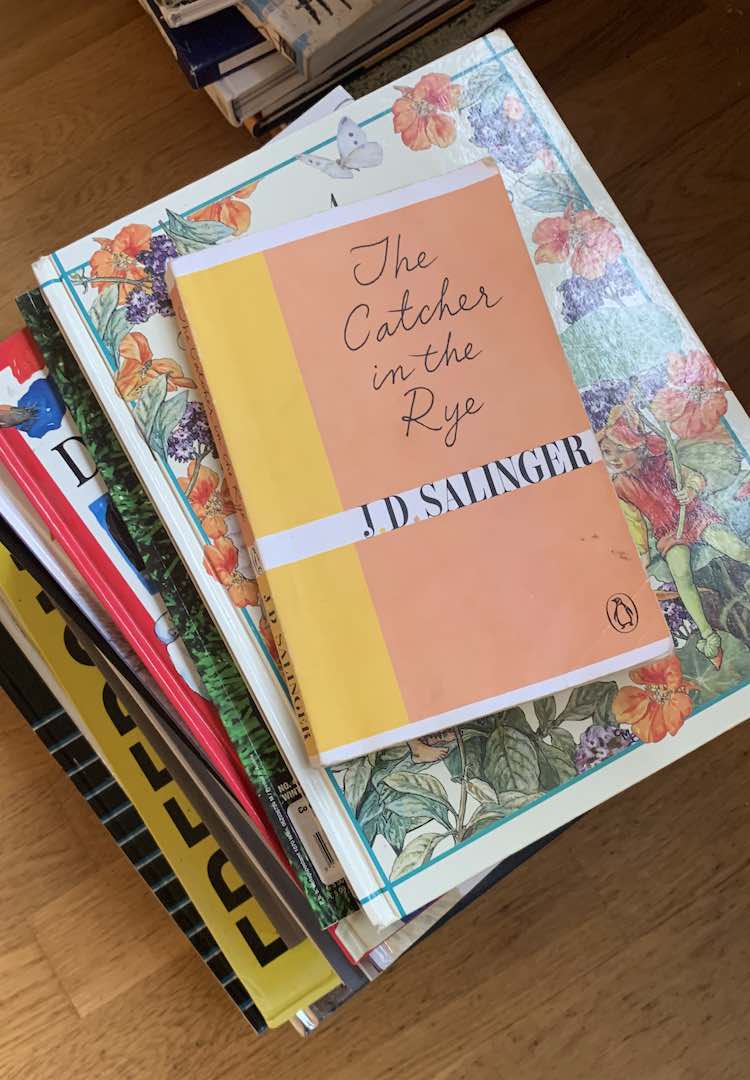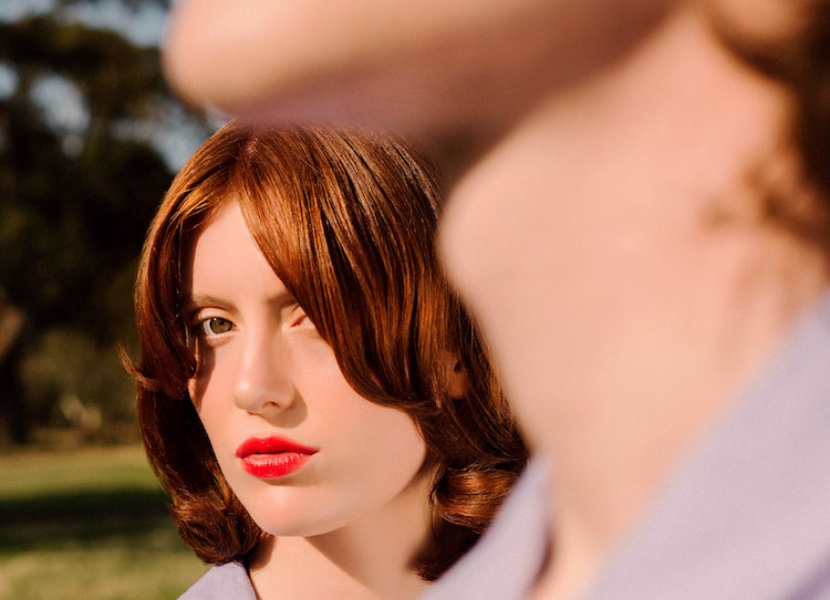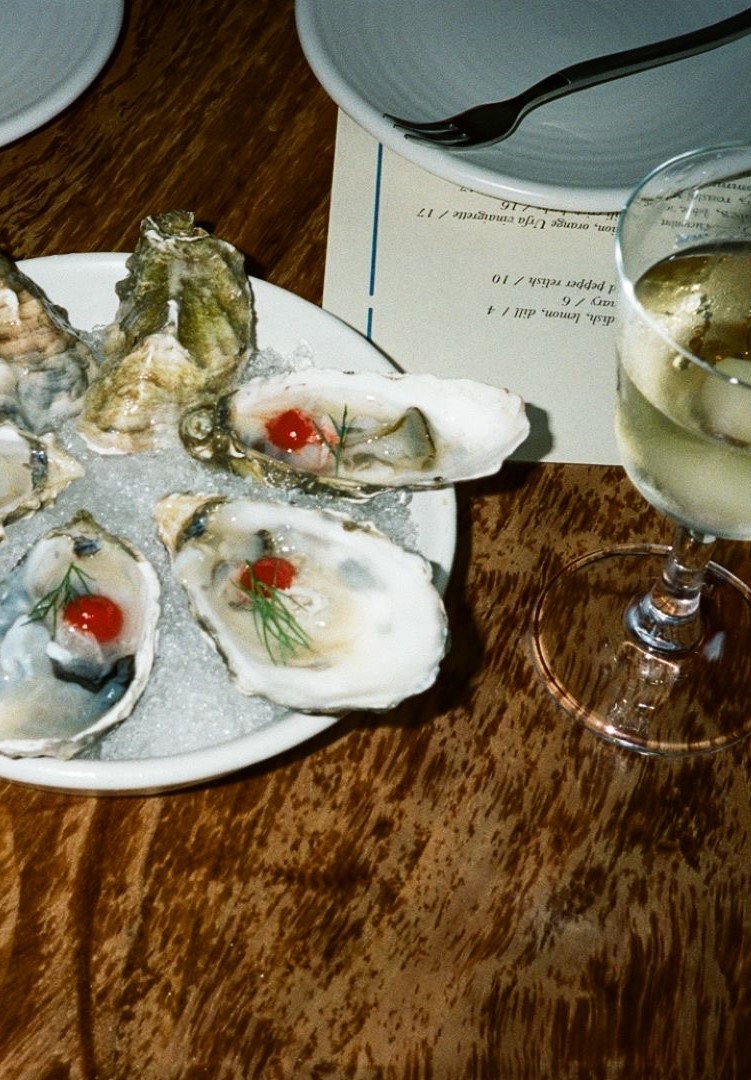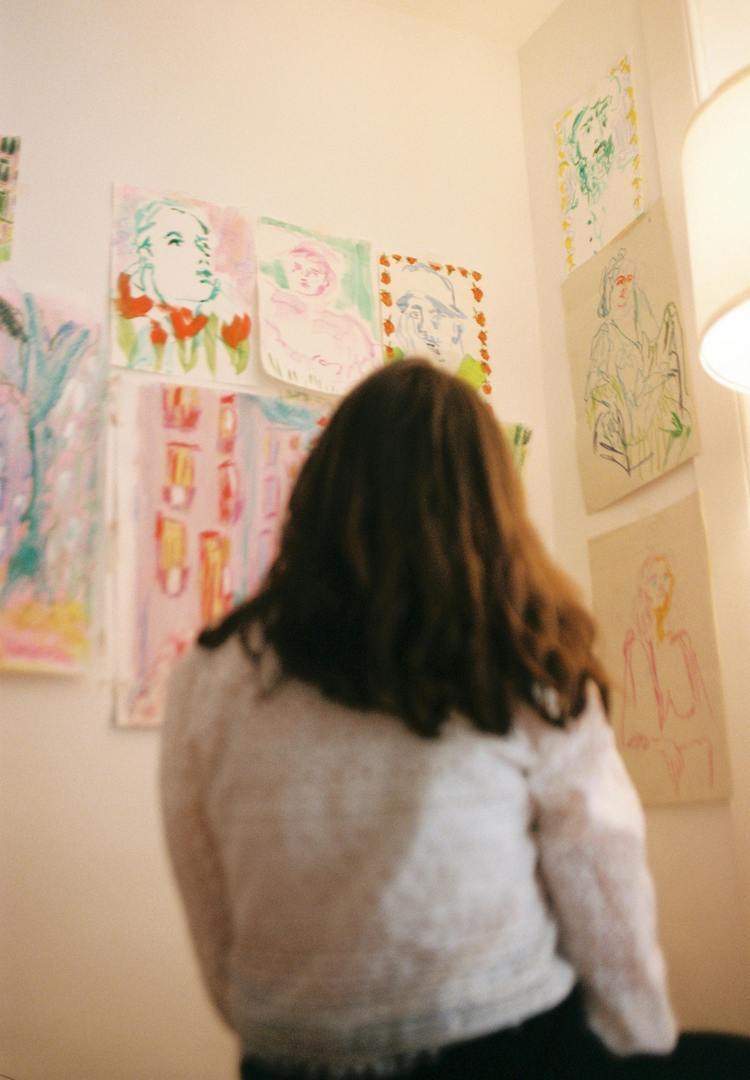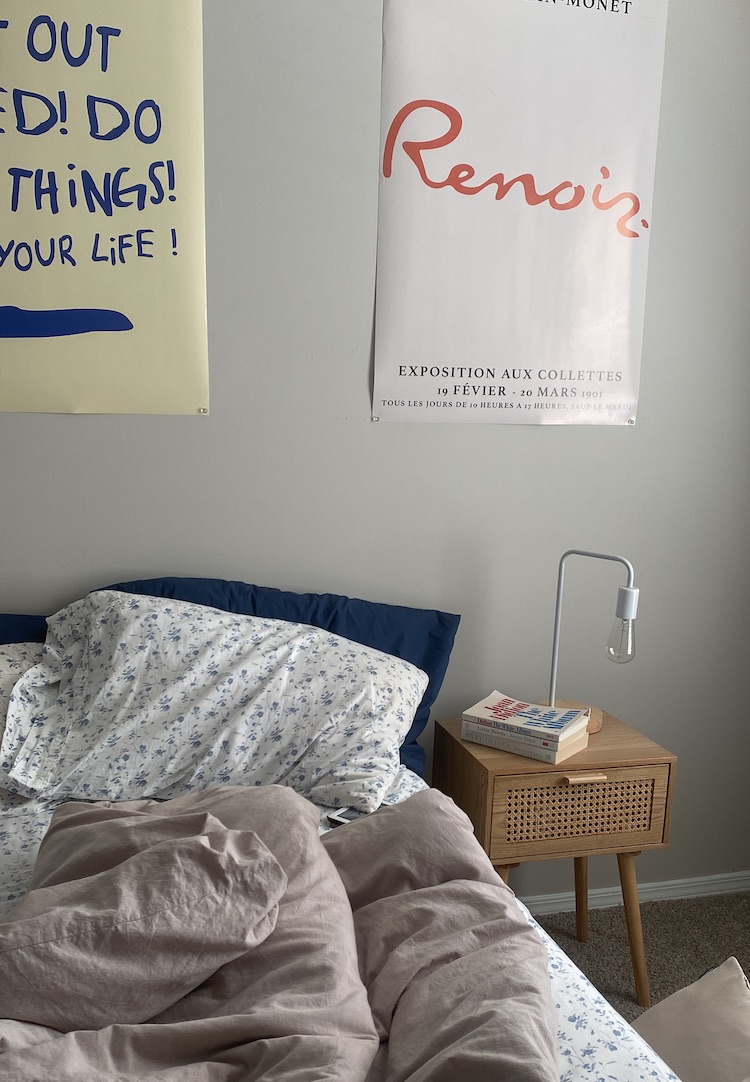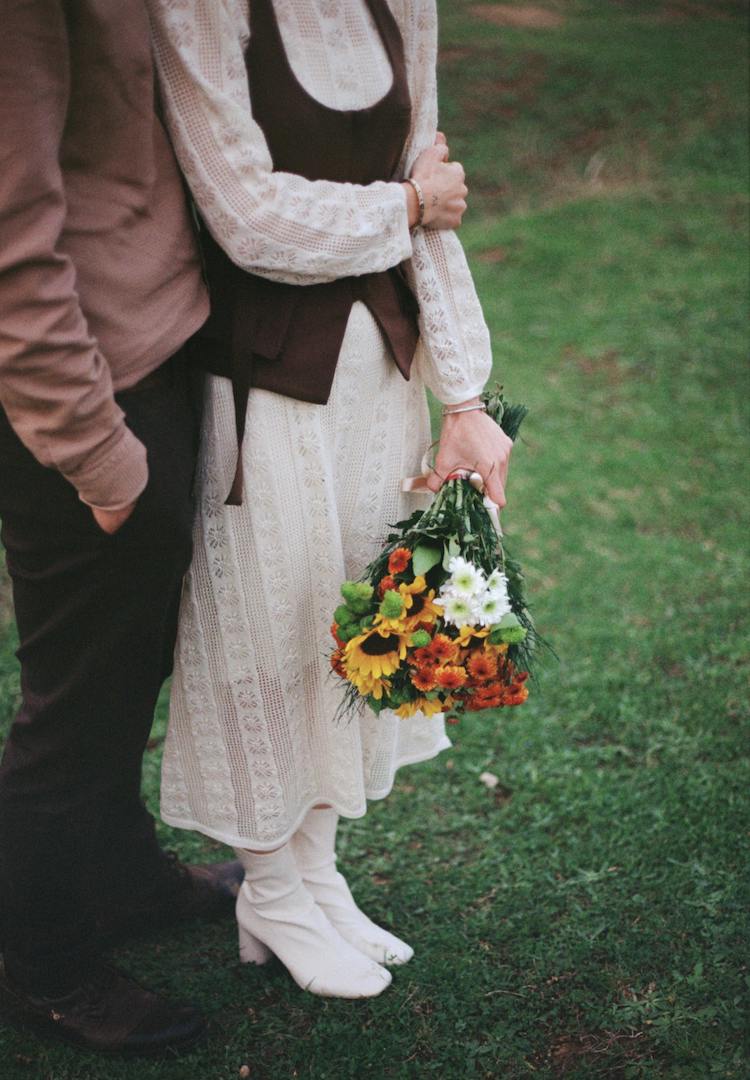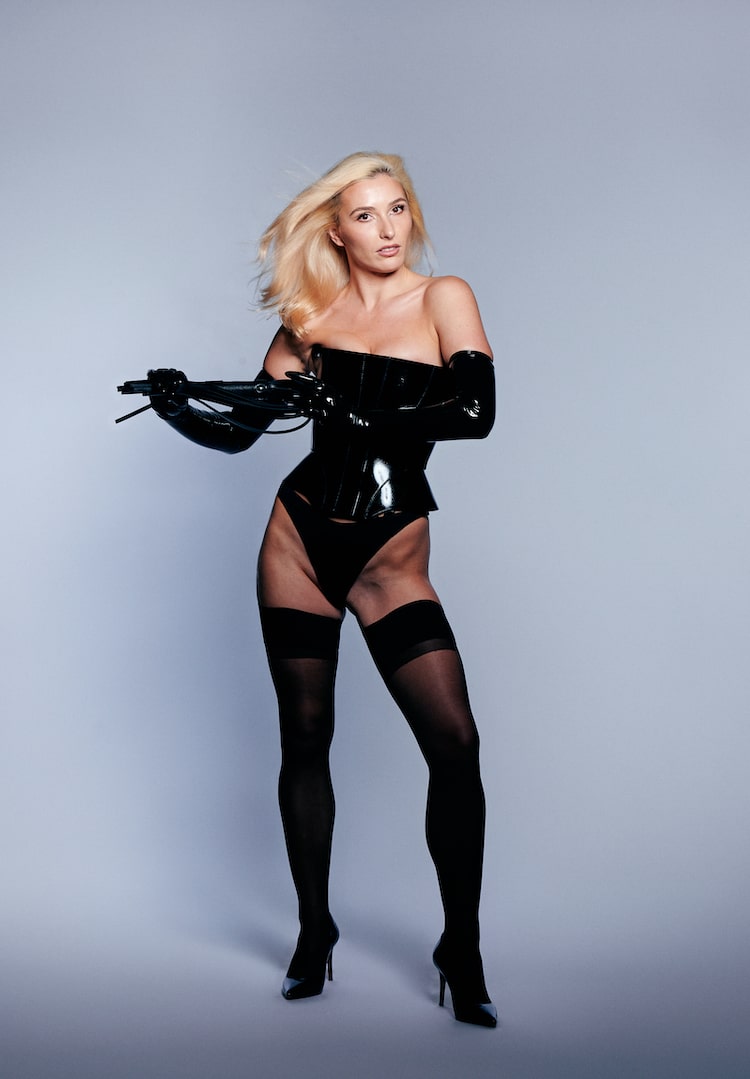What it’s like dating after taking an Apprehended Violence Order out on an ex
PHOTOGRAPHY BY JESS BROHIER
When you’ve been in an abusive relationship, it completely changes how you approach looking for a potential partner.
Content warning: This article discusses things that may be triggering for those who have experienced abusive relationships.
“So what happened with your ex?” It’s a simple enough question and one that usually comes up after some drinks and a few dates. Breakup stories tend to reveal a lot about a person. You find out if they’ve ever been in a serious relationship or if they’ve ever had their heartbroken.
Sometimes breakup stories are even juicy – they tell you about being cheated on or lied to and you laugh about your exes together. It’s one of those dating questions that always comes up. Right up there with, “So what are you looking for?”. But when I entered the dating world after a long-term relationship ended, I couldn’t offer a cutesy line about a shitty ex-boyfriend or an exciting story about lust gone wrong.
Interested to hear how others navigate the world? Head to our Life section.
I was left with, “We broke up, then he wouldn’t stop calling me and leaving me horrible voicemails and finally, after months of him harassing me, I became more and more fearful. I had to get an Apprehended Violence Order (AVO) out against him. More cocktails?”.
It was a hard story to tell and it was an even harder story for the people I was casually dating to swallow. Of course, it did explain some things about me. It explained why I was hesitant to give out my number or where I lived (beyond the location my dating app indicated).
It explained why I still didn’t offer out my number after a few dates. It explained why I was vague on the details about where my work was based and it explained why I tried to get home before the restaurant near my place shut – witnesses are always comforting.
Honestly, nothing quite kills the mood like admitting your ex-boyfriend stalked you via your phone. Often it would lead to the situationship fizzling shortly after. One guy even said, “He didn’t want to risk hurting me any further”. Ouch.
Oftentimes, as I was scrolling endless dating possibilities via dating apps while simultaneously dodging phone calls from my ex, I would wonder why I bothered. Why was I still so drawn to dating even after everything I’d been through?
I think it was partly because I wanted to feel normal again and also because I was desperate to meet someone that would make me feel less cynical – nothing quite like being stalked to make you lose your faith in men. But I think there’s also something larger at play: a biological urge to seek out a romantic partner that makes you feel safe as I was going through a period where I felt particularly vulnerable.
Relationship coach Debbie Rivers confirmed my theory when she explained, “The chemicals that bind people together are powerful – dopamine, oxytocin, serotonin, and phenylethylamine (PEA). They have the same effect on the brain as drugs and actually shut down the left frontal cortex of your brain only in relation to the person you fall in love with”.
Who wouldn’t want to chase that feeling? And of course, the thing that no one tells you about having a traumatic experience with a partner is eventually, after taking time to heal, you’ll likely want to try and find another one.
How exactly do you navigate that safely and what tools do you need? Sure, there’s plenty of information about leaving an abusive relationship or seeking help if an ex won’t leave you alone. I’m not implying any of these things are easy to do, but there is information available. That said, there’s not exactly a guidebook for how to get your groove back after having to involve the police in your breakup.
The truth is, there’s no one size fits all approach to dating after abuse. You just have to do what is right for you and what makes you feel most comfortable. I’d also recommend seeing a therapist regularly, having a support system – people you can share your feelings with that you trust – and checking in with yourself often.
But when it came to the practicality of actually dating, I quickly worked out that I had to date on my own terms. They were a little different than your typical dating terms, but that’s okay. I wasn’t just putting in relationship boundaries, (like refusing to date a man that doesn’t have a bed frame), I was adding in boundaries that made me feel safer.
For me, that was doing my best to protect my number, keeping dates at public venues for as long as possible and not revealing my workplace. These little precautions I put in place soothed my own anxiety. If a guy did get funny about them it was always a red flag for me – I’d just swipe onto the next one.
It was also important to look for green flags. I wanted to learn how to identify the good in men, too. Just evaluating how a potential partner made me feel was the most important green flag. To put it simply, if a guy I was dating was making me feel safe then that was a terrific sign he might be worth a second date.
‘Safe’ is hard to define. It is often instinctive and I no longer fully trusted my own instincts. Not only did I have to learn how to trust men again, I had to learn to trust myself even more. Psychotherapist Julie Sweet explained to me that one of the keys when looking for a healthy relationship is learning how to notice the good stuff.
“Learn to identify green flags. Women may become hyper-vigilant around not wanting to replicate patterns of behaviour that occurred within previous relationships. Therefore, they are easily able to recognise red flags moving forward as they re-enter the dating world. Whilst this is important, equally so is knowing what you do want and having clear, firm boundaries,” she explains.
Everyone’s green flags are subjective and I suggest working through what a ‘green flag’ is with a therapist. However, my main green flag is finding men that are comfortable with and respect my boundaries. For example, if I explained I didn’t feel comfortable sharing where I worked exactly and a man said, “Cool, tell me when you are ready”, that was a green flag. If they responded with, “I can’t believe you don’t trust me”, that was a red flag. I just kept reminding myself I don’t owe these men anything.
Dating again also made me realise that it’s important to trust your gut feelings. For instance, when my ex-boyfriend started ringing me constantly I spent months in denial about it and I was constantly minimising his actions, convincing myself it was fine when it was actually illegal and abusive behaviour.
Even in the relationship, I often ignored how he made me feel because I didn’t want to ever hurt his feelings. So, when I ventured back into dating I made a point to go with my instincts. I just had to keep reminding myself I didn’t owe the men I was dating anything but I did owe myself trust, so I stopped feeling bad if I ghosted a guy because he gave me a weird vibe.
Julie advises me that trusting my gut instincts is vital. “I encourage clients to trust themselves and be aware not to self gaslight. Once more, women can find that they’ve lost sight in trusting their gut, or no longer rely on their inner voice. So it’s a process of rebuilding and coming back to self.”
Dating again after a breakup that involved abuse isn’t easy and it’s not always particularly romantic. But I found it was vital for me in reestablishing myself as someone who was willing to be involved in a romantic relationship. Like most of us, I wanted eventually to find a partner to share my life with and just have some fun along the way.
But I was frightened, scared and intimidated by how some men can behave. And I was worried by my seeming inability to make the right choices. But, I put in precautions and started again because I felt ready to move forward. It’s hard for me to offer any kind of concrete or helpful advice because each situation is so individual. But I think the biggest thing I’ve learned from dating again is that my comfort is the most important thing, always.
If you or someone you know is in an abusive relationship, contact the national support hotline for sexual assault and domestic violence, 1800Respect, on 1800 737 732 or visit 1800respect.org.au.

